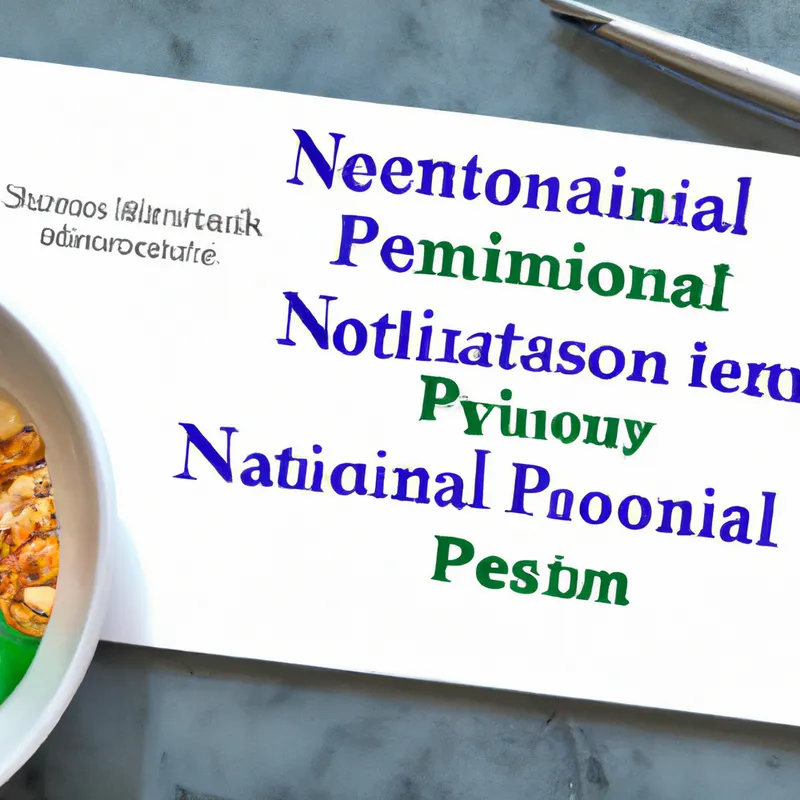Decode Your DNA for Better Mental Health
Personalized Nutrition for Mental Health: The Genetic Connection
Scientists have discovered a compelling link between nutrition, genetics, and mental health. Personalized nutrition enhances mental well-being. By understanding our genetics, we can tailor diets to support brain health. This blog explores how personalized nutrition impacts mental health and offers practical strategies for implementation.
Understanding the Genetic Connection
Genetics significantly influences how our bodies process nutrients. Each person has a unique genetic profile that shapes nutrient metabolism and absorption. Variations in genes affect how we convert omega-3 fatty acids into essential compounds for brain health. Omega-3 fatty acids support mood regulation and cognitive function. Some individuals need higher dietary intake for optimal levels.
Genetic variations also affect responses to vitamins and minerals. For example, some people require more B vitamins—like B6, B9 (folate), and B12—for optimal mental performance. These vitamins help synthesize neurotransmitters, essential for mood regulation. Understanding genetic differences enables informed dietary choices that meet individual needs.
Why Nutrition Matters for Mental Health
Nutrition directly impacts brain chemistry. The food we eat influences mood, energy levels, and cognitive function. Research shows that diets rich in whole foods, such as fruits, vegetables, whole grains, and lean proteins, enhance mental well-being. These foods provide nutrients that support neurotransmitter production. Amino acids from proteins serve as building blocks for neurotransmitters like serotonin and dopamine, crucial for mood regulation.
A balanced diet also reduces brain inflammation. Chronic inflammation links to various mental health issues, including depression and anxiety. Choosing anti-inflammatory foods, such as fatty fish, nuts, and colorful fruits and vegetables, promotes mental clarity and emotional stability. A healthy gut microbiome contributes to neurotransmitter production and influences mood.
Tips for Personalized Nutrition
1. **Get Genetic Testing**: Understand your genetic profile through available genetic tests. These tests reveal how your body processes nutrients. They provide insights into fat, carbohydrate, and protein metabolism, along with specific vitamin and mineral needs. This knowledge informs dietary choices and optimizes nutrition for mental health.
2. **Focus on Whole Foods**: Prioritize whole, unprocessed foods in your diet. These foods provide essential nutrients without added sugars, unhealthy fats, and preservatives. Incorporate a variety of fruits, vegetables, whole grains, legumes, and lean proteins into your meals. Whole foods are rich in antioxidants, vitamins, and minerals.
Conclusion
Personalized nutrition enhances mental health by aligning dietary choices with individual genetic profiles. Understanding genetics empowers informed decisions for better mental well-being.
Below are related products based on this post:
FAQ
What is the connection between genetics and nutrition for mental health?
Genetics significantly influences how our bodies process nutrients, affecting metabolism and absorption. Variations in genes can determine individual dietary needs, such as the requirement for omega-3 fatty acids and specific vitamins like B6, B9, and B12, which are essential for optimal mental performance and mood regulation.
How does nutrition impact mental health?
Nutrition directly affects brain chemistry, influencing mood, energy levels, and cognitive function. Diets rich in whole foods, such as fruits, vegetables, and lean proteins, enhance mental well-being by supporting neurotransmitter production and reducing brain inflammation, which is linked to issues like depression and anxiety.
What steps can I take for personalized nutrition?
Start by getting genetic testing to understand your unique nutritional needs. This information can guide dietary choices tailored to your genetics. Additionally, focus on incorporating whole, unprocessed foods into your diet to ensure you receive essential nutrients that support mental health.















Post Comment